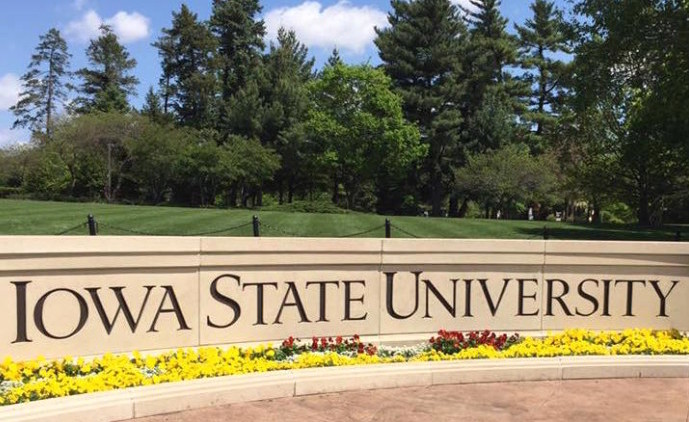Iowa State University and its President Steven Leath submitted incomplete information on the university’s application for aviation insurance this year, Ryan Foley reported for the Associated Press yesterday. The story’s title and lede refer to an August 2014 “hard landing” by Leath in an unidentified location, on a plane that did not belong to ISU. Two months after that incident, “Leath was cleared to fly solo on the university’s newly purchased Cirrus SR22 single-engine plane.” But the big news is further down:
After that [2015] insurance policy expired in February, the university switched its carrier to Catlin Insurance. Leath and the university were less forthcoming on their 2016 application than they were a year earlier, although it’s not clear whether that led to lower rates or better coverage.
The pilot history form signed by Leath asked him to disclose details of all prior accidents and incidents as a pilot, including dates, and warned that concealing material information was “a fraudulent insurance act” subject to criminal and civil penalties.
He listed the 2015 landing in Illinois, noting that it triggered a Federal Aviation Administration test ride that he passed. But he left off the 2014 incident. The university also attested in the application that it had no “aviation losses” during the last three years, even though the 2015 accident would have qualified and it had divulged the 2014 landing as a loss the previous year.
I don’t understand why the 2014 hard landing would be considered a loss for the university, if Leath wasn’t flying one of ISU’s planes.
But surely Leath was obliged to mention that incident on his pilot history. The excuse his spokesperson Megan Landolt provided to the AP–“Leath didn’t need to disclose the 2014 incident to the university’s aviation insurance broker, Nasom Associates, since he had done so in the prior year’s application”–sounds only slightly more plausible than the idea that ISU’s professional pilots “unilaterally” decided to refuel twice at a small airport that happened to be convenient for picking up Leath’s relatives. The form asked for a full list of events, not only those the pilot hadn’t disclosed on previous insurance applications.
ISU officials never did fully explain why the university didn’t submit an insurance claim for Leath’s July 2015 hard landing. Even if billing the ISU Foundation for repairs was a good business decision, failing to mention the incident on a subsequent insurance application points to incompetence on the part of ISU staff or, worse, a deliberate choice to conceal relevant facts from an insurance provider.
Auditors investigating ISU’s Flight Service on behalf of the Iowa Board of Regents and the State Auditor’s Office should review the documents Foley referenced.

